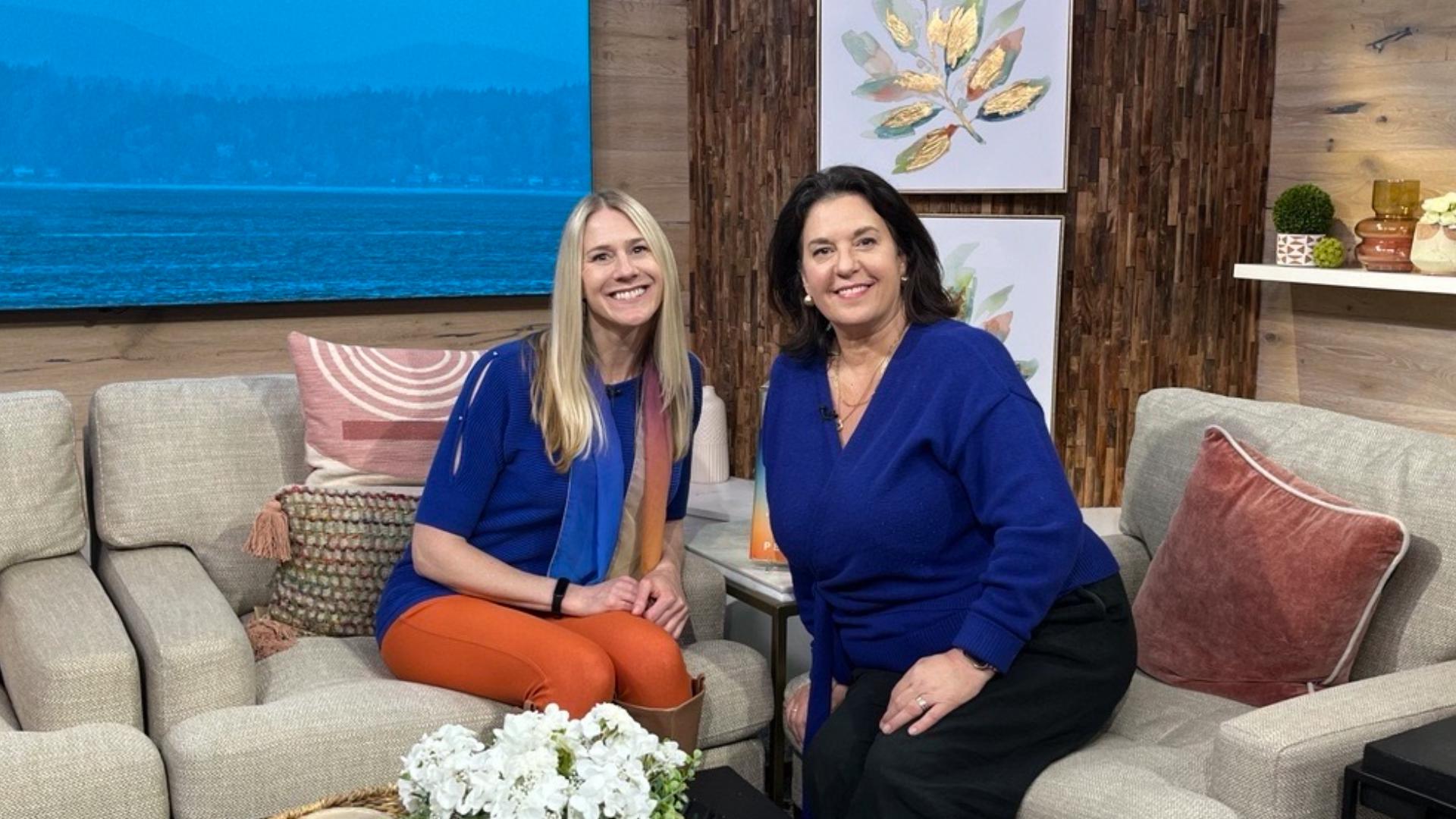SEATTLE — Having trouble getting a restful night of sleep?
Lynne Peeples, Seattle-based author of "The Inner Clock," said in an interview on New Day Northwest that understanding your "inner clock" could be the key to improving your sleep.
“Our body is filled with trillions of tiny clocks, not just one, but trillions," Peeples said. "Pretty much every cell in your body has a clock from your nose to your toes. These clocks are all ticking in coordination with each other to try to prime your body to do the right things at the right times.”
Peeples' journey in learning about circadian rhythms started with a visit to the Mariners ballpark when it was called Safeco Field. The Mariners installed a new lighting system that brightened the locker room with blue light before games to help players energize before games. After the game, the lighting in the locker room would switch to an orange hue to prime their bodies to sleep and recover from the game.
Peeples said she was fascinated and started researching into the science of circadian rhythm for her book. The key, Peeples said, is to get natural light as early in the day to get your body clocks moving. Getting a walk in the morning is an easy way to start your circadian rhythm on the right note, she said.
“So these clocks in our body don’t run precisely for a 24-hour day so we need to calibrate them with cues from the environment," Peeples said. "That’s particularly light and dark.”
As we enter the period in the year when sunlight can be hard to find in the Pacific Northwest, Peeples said we should not use the "Seattle gloom" as an excuse to not prioritize light early in our day. It's even more important to get natural light during the winter, she said. Even though it's darker outside, Peeples recommended still finding time to get outside because it will likely be brighter outdoors than inside your home.
As the day progresses, Peeples said we should be mindful of light in the evening too. She recommended dimming lights and, preferably, turning them off at night to give your body a natural winding down period leading into sleep.

